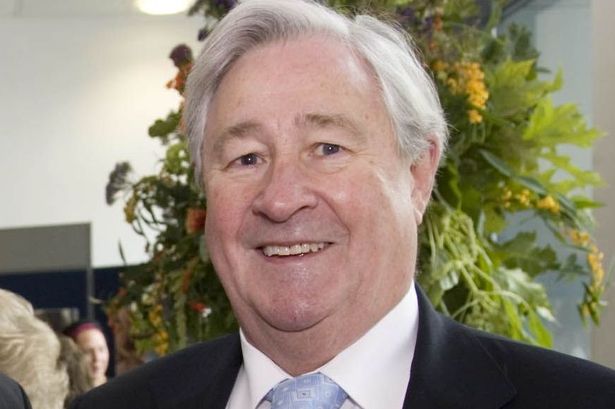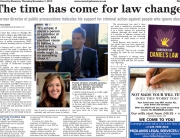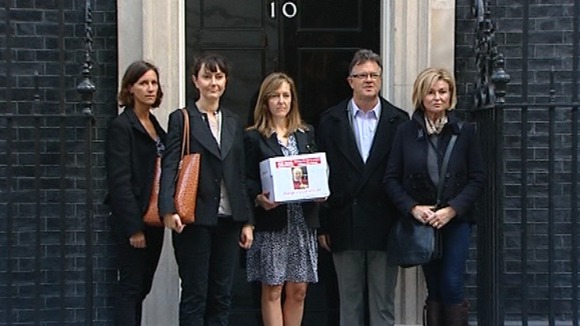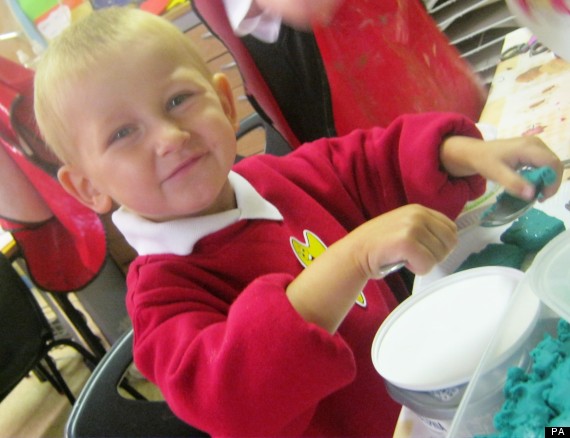Geoffrey Robinson is MP for Coventry North West, Daniel Pelka lived in his constituency. In the aftermath of Daniel’s case, Geoffrey Robinson called for a parliamentary debate, which convened on 17.10.13 ‘to see what might be done’ – we naturally hoped for Daniel’s Law to feature as an important part of the debate.
You can read the full minutes of the meeting at http://goo.gl/
“One thing is for sure: there has been report after report, study after study, and still we get these dreadful incidents all too frequently.”
“Some people say ‘it will always happen… and you can’t stop it’ – I find that repugnant. I cannot believe that Daniel Pelka, whose home was visited 27 times following incidents, who turned up at school getting thinner and thinner, who was showing bruises and was clearly being maltreated in every other respect, needed to die. I cannot accept it; it seems ludicrous to me. We have to find a much better way.”
“The Minister… inherited the situation and was gracious enough to meet me on the afternoon the case review was published, but at that meeting he said, ‘I think we’re going to make a big difference now’ and produced a 74-page document full of all sorts of jargon. The document was statutory guidance, which is an oxymoron—it is either statutory or it is guidance; it cannot be both”.
Campaign for Daniel’s Law: This is an important point. Secretary of State for Education Michael Gove and Minister for Children Edward Timpson continue to maintain that current guidance is ‘crystal clear’ i.e. that staff ‘should’ report abuse, but what does this really mean? Certainly, it is not an instruction that staff ‘must’ report – in which case, the decision is down to the individual… which makes reporting abuse discretionary. Geoffrey Robinson rightly points out that the current situation is completely confusing.
One might hope and expect the discussion to turn, at this point, to further interrogation of the current system and consideration of the call for Daniel’s Law – new legislation to protect children and support staff to have the confidence to report. However, the debate disappointingly changes course after a strong start and descends into the well-trodden territory of lessons to be learned and the need for improved communication between agencies etc.
As discussion becomes progressively less focused, even Geoffrey Robinson is distracted.
“The first thing we have to do is to make it very clear that in any one of these cases where there is a failure to speak to the child, consequences should follow”.
Campaign for Daniel’s Law: What does this mean? How do we make it clear and to whom? What kind of consequences might we expect there to be? Since there is currently no legislative underpinning for staff working with children, when dealing with child abuse, how can anyone then be held accountable for failures?
Speaking to the child is of course important… but what if a young child who is subject to ongoing, unimaginable abuse finds it impossible to speak out about what is happening, even when questioned? We know vulnerable children normalise abuse and don’t easily ‘tell’ – a recent report published by the NSPCC states the average disclosure time is seven years and that, the younger the child is when the abuse takes place, the longer it takes. The Children’s Commissioner Dr Maggie Atkinson also recently issued a warning that teachers should speak out for children who don’t or can’t speak for themselves “Adults in schools and other professional settings have a ‘duty to protect’ children – but too often they take a child’s silence or denials as ‘a reason for doing nothing further”.
Daniel Pelka died, suffering regular injuries and sustained starvation in full view of staff at his school, aged four years.
Speaking to the child is certainly part of the answer – supporting staff to have the confidence to speak out for children who cannot or will not speak out for themselves is also critical; this can only be effectively achieved with appropriate legislation.
I will leave you to read the detail of the debate if you will. The absence of any reference to the need for Mandatory Reporting in Regulated Activities or to Daniel’s Law seems tragically conspicuous in this context.
There is absolutely no mention of the single most important failing by any MP – no one at Daniel’s school made any report to Children’s Services, in spite of internally documented concerns and in spite of the overwhelming evidence of his suffering. There was therefore no report to drive professional intervention and no report around which for the various agencies to communicate, share and build information.
If the school had reported, Daniel may well have been saved and there would have been no need for this well intentioned but apparently rather pointless parliamentary debate.






